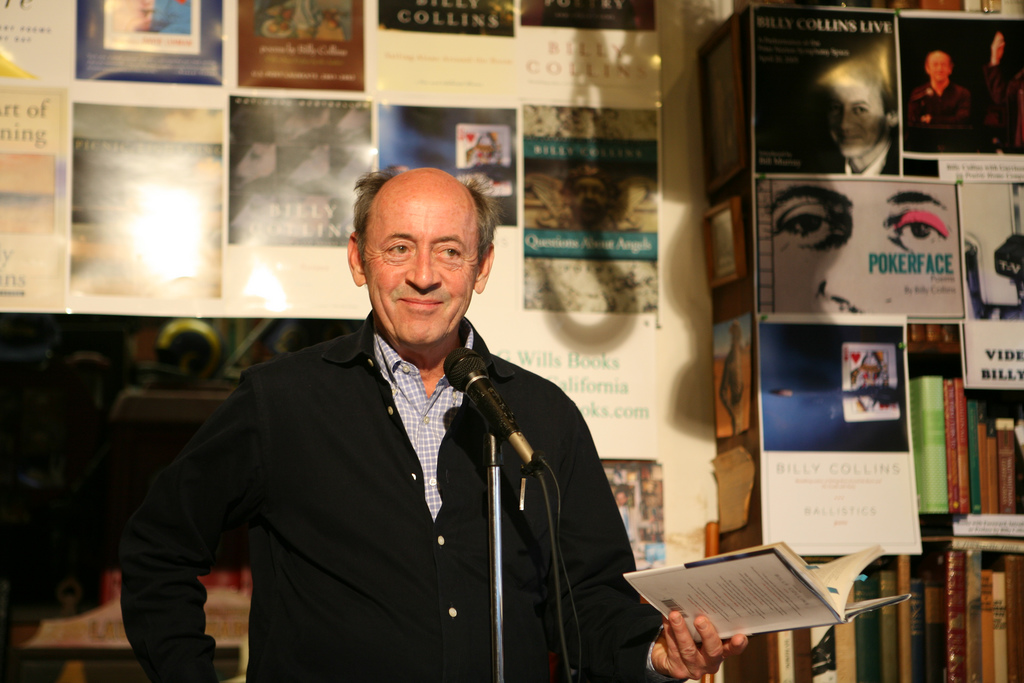Views expressed in opinion columns are the author’s own.
In her poem “Don’t You Wonder, Sometimes?” Tracy K. Smith writes:
“And what would we do, you and I, if we could know for sure
That someone was there squinting through the dust,
Saying nothing is lost, that everything lives on waiting only
To be wanted back badly enough?”
Smith has just been appointed by the Librarian of Congress as the next U.S. poet laureate, a position that comes with no political role. Instead the poet laureate has the freedom to, in the words of Smith, “raise the awareness of poetry and its value in our culture.” She is the author of three books of poetry, including the Pulitzer-winner Life on Mars.
Over the years, poet laureates have used their role in a number of ways to bring poetry to Americans. Gwendolyn Brooks worked with elementary school students, Rita Dove explored the African diaspora and Natasha Trethewey launched “Where Poetry Lives” with PBS NewsHour. Smith already has plans to hold poetry events in rural areas. Though their methods have differed, the work of the poet laureate has always been about making poetry more relevant and meaningful. Even before her appointment, Tracy K. Smith had begun this work.
In an article titled “Wipe That Smirk Off Your Poem,” Smith advocated for less irony and more directness in poetry. “Poems infatuated with their own smarts and detached from any emotional grounding can leave the reader feeling lonely, empty and ashamed for having expected more,” she wrote. As poet laureate, she is likely to champion emotional honesty in writing, which is a good thing. Her work, like the work of poet laureates before her, will be important to both the medium and readers. “I work with a lot of young people who have poems that are changing their lives,” says Smith, “The things that a poem can teach them to see and to hear and to listen for are necessary.” Her work with students is exactly why we could all benefit from taking the work of our poet laureate seriously.
Smith is comfortable writing about anything, from something as small as a paycheck to topics as large as the cosmos itself. For her, everything in the universe has its place in a poem. That message is important for those who feel excluded from poetry and think that poetry is a space reserved for the ornate creations of dead men. So many children — and adults — in America deserve a better education in poetry. The projects of our poet laureates are among the best chances we have to connect the art form with the greatest number of people. I believe the voices that defend poetry — especially those of women of color, which are too-often absent in the classroom — are crucial for us to listen to. They call out to each of us that, despite our doubts and no matter our background, poetry has something for us.
Smith is very aware that we live in uncertain times. But, for her, poems are “another resource that [we] can turn to” when we find ourselves struggling. She is not trying to convince us that poetry will save the world, but instead offers it as simply “an encounter with a feeling” that might improve our daily lives. It is possible to mistake the simplicity of that idea for insignificance, but the power of those encounters should not be dismissed. Poetry can reassure us, it can challenge us and it can educate us. A good poet laureate can do all those thing as well.



